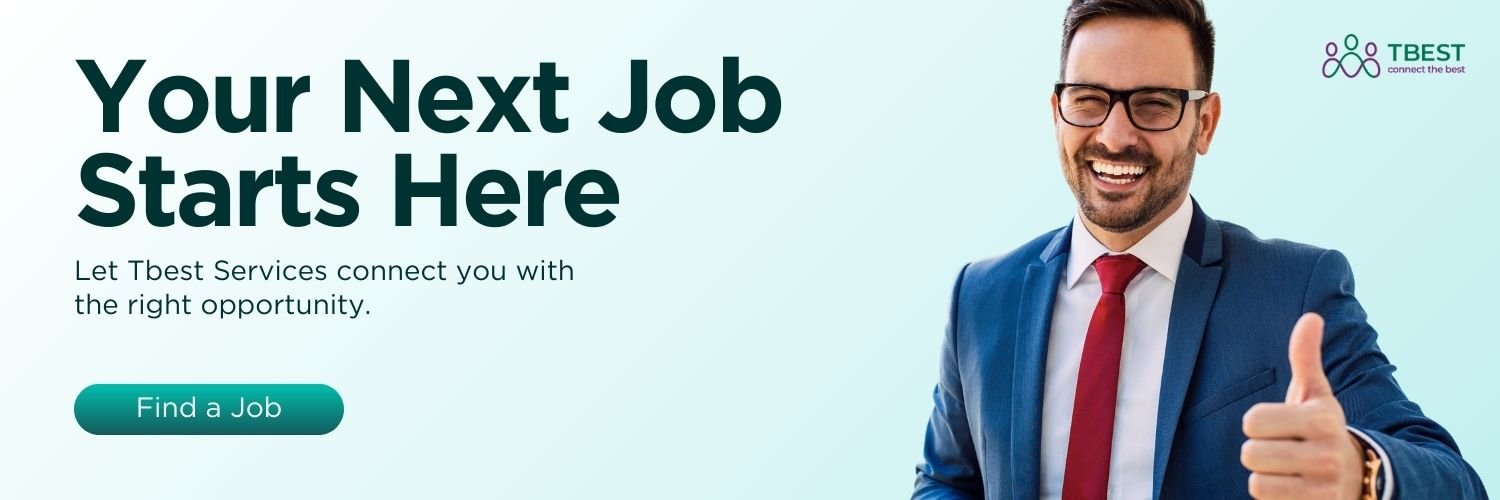
The workplace is changing fast. From AI tools to hybrid teams, today’s HR professionals are navigating more complexity than ever.
Traditional approaches aren’t enough anymore—companies need flexible, tech-savvy teams that can adapt quickly without losing the human side of HR.
That’s where the HR Generalist comes in. This role has become more important than ever, balancing recruiting, compliance, employee relations, and training in one job.
As demand grows, more professionals are asking how much do HR generalist make, and its viability as a career.
HR Trends for 2025
The HR landscape in 2025 is more dynamic than ever. As companies adapt to new technology, evolving workforce expectations, and economic shifts, the role of the HR generalist is gaining more visibility and complexity.
It’s no surprise more professionals are asking how much do HR generalist make—because this role now goes beyond policy and paperwork. It’s about driving culture, supporting hybrid teams, and navigating real-time workplace challenges.
AI-powered tools are reshaping how companies recruit, onboard, and manage talent. Remote and hybrid models have become standard, pushing HR teams to rethink collaboration and engagement.
There’s also a stronger focus on mental health, flexible work policies, and long-term employee development. Meanwhile, DEI remains a critical part of strategic planning, not just a checkbox item.
As organizations look ahead, HR generalists are expected to lead with both empathy and efficiency—balancing innovation with people-first thinking.
1. AI Adaptation
AI isn’t just a buzzword anymore—it’s now embedded in daily workflows, reshaping everything from recruiting to onboarding and performance management. As generative AI tools become more accessible, employees are experimenting with new ways to work smarter, while companies scramble to keep policies and practices up to speed.
The rapid pace of AI evolution has left regulatory bodies playing catch-up, and HR teams are feeling the pressure to adapt quickly without clear guidance.
This shift has put HR generalists in a pivotal position. Beyond handling the usual compliance and benefits tasks, they’re now being asked to lead conversations around digital adoption, workforce upskilling, and ethical use of AI at work.
And naturally, many professionals are starting to ask—how much do HR generalist make in 2025, especially as their role becomes more complex and strategic. As the expectations for HR generalists expand, so do the opportunities—and the earning potential.

2. Is AI in HR Overhyped or Undervalued
While AI generates a lot of buzz, many HR departments have been slow to adopt it. Only 12% of HR teams currently use generative AI, compared to 34% in marketing, and just a third of HR leaders are actively exploring AI’s potential.
This cautious approach means HR may be missing out on chances to boost productivity and innovation.
The slow adoption is concerning because HR plays a crucial role in driving organizational change. In fact, 76% of HR professionals worry their companies will fall behind if they don’t embrace AI within the next 12 to 18 months.
Challenges include limited digital skills, uncertainty about the right tools, scarce resources to monitor AI outputs, and unclear benefits.
Ultimately, AI’s impact on HR will depend on how effectively these departments leverage it across functions like recruitment and talent management.
The question remains: will HR lead the AI revolution or lag behind?
3. Growing Mismatch
As the workplace continues to evolve, a growing mismatch between employee skills and business needs is becoming one of the biggest challenges for HR departments.
Rapid shifts in technology, automation, and work models are reshaping the skills companies require—yet many workers and employers are unprepared.
According to recent studies, 44% of core job skills will change by 2030, and 60% of workers will need upskilling or reskilling by 2027 to stay relevant.
This widening gap has direct business consequences. Nearly 70% of executives say the skills shortage is already affecting their company’s performance.
To keep up, organizations are looking to HR professionals—especially HR generalists—to lead strategies around training, talent development, and workforce planning.
Understanding salary trends and shifting responsibilities is key to knowing where this career is heading.
4. Blue-Collar and New-Collar Jobs on the Rise
The job market is shifting—and so is the role of the HR generalist. With the rise of blue-collar and new-collar careers, companies are navigating a workforce that’s more diverse in skills, schedules, and expectations than ever before.
Manufacturing, logistics, and high-tech trades are booming, and employers are looking for HR professionals who can support both hands-on workers and digital talent.
This evolution is driving demand for HR generalists who can manage compliance, support retention, and shape workplace culture—all at once. The answer depends not only on salary, but also on how the role is evolving to meet the needs of a dynamic workforce.

5. Golden Age of the Silver Worker
The 75-and-older age group is now the fastest-growing segment of the workforce. By choice or necessity, more people are staying on the job well beyond retirement age.
But despite this shift, many companies still haven’t adjusted their policies, work setups, or benefits to support older employees. Job postings and employer branding often focus on attracting younger talent—overlooking the reliability, expertise, and institutional knowledge that older workers offer.
For HR professionals, especially generalists, this presents both a challenge and an opportunity. As organizations rethink workforce planning, compensation, and inclusion strategies, HR generalists are at the center of the conversation.
And with rising demand for skilled HR support, many are asking how much do HR generalist make—especially as the role evolves to support a more diverse, multigenerational workforce.ilding the right skills, you’ll be well on your way to a career in quality control.
Conclusion
The HR generalist role is changing—and for the better. Companies are expecting more strategic input, stronger tech skills, and a deeper understanding of workforce trends like remote work and generational diversity.
Salaries are rising, especially for those who stay current with tools, laws, and people-focused strategies.
You’re starting out or looking to level up in your HR career—the future looks strong. TBest Services works with employers who value experienced HR talent and offers guidance for candidates ready to take the next step.
Let us help you find an HR role that aligns with your skills—and your future goals.
